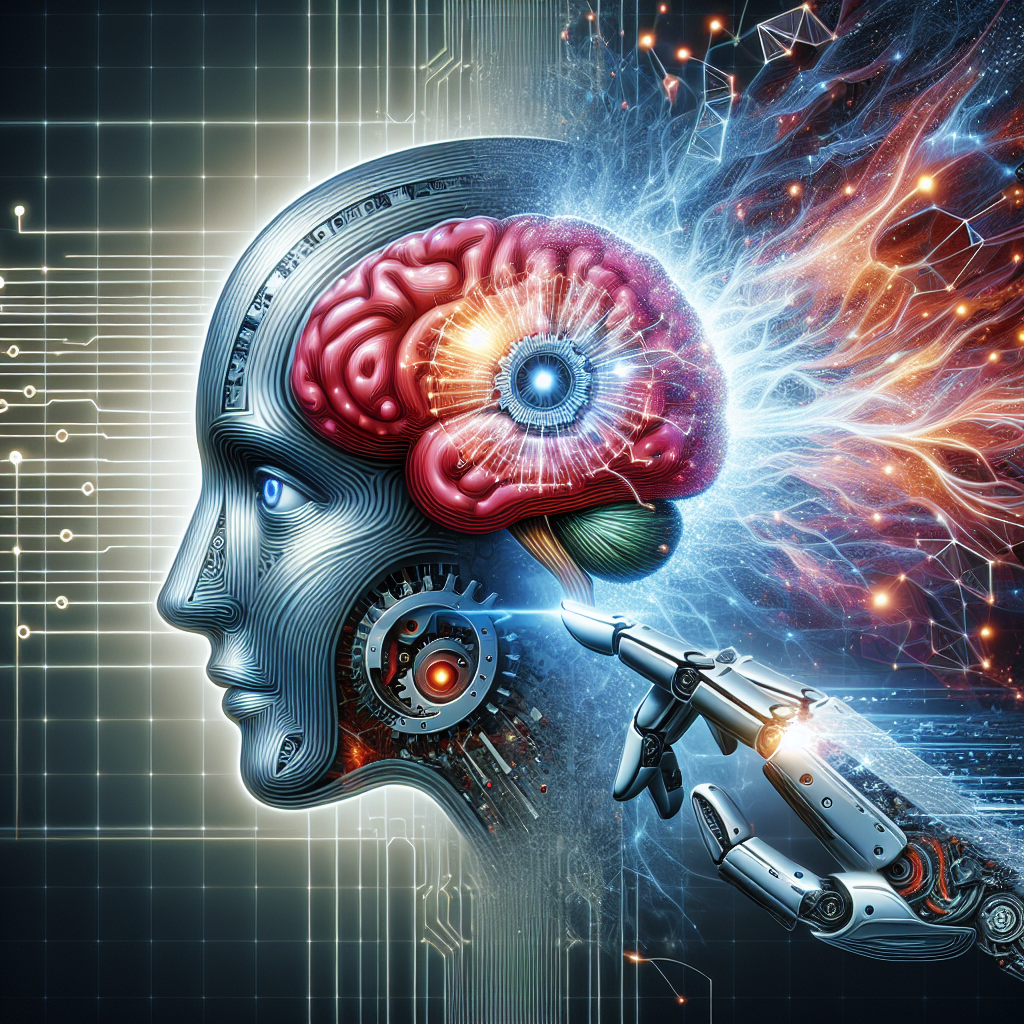Artificial General Intelligence (AGI) is a term that refers to the development of machines and systems that possess the ability to understand, learn, and apply knowledge in a way that is similar to human intelligence. AGI is considered to be the next step in the evolution of artificial intelligence (AI) and has the potential to revolutionize the way we interact with technology and machines.
AGI is often referred to as “strong AI” or “true AI” because it aims to create machines that have the capacity for general intelligence, rather than being limited to specific tasks or domains. While current AI systems are capable of performing specific tasks with a high level of accuracy, they lack the ability to generalize their knowledge and apply it to new situations.
The development of AGI has the potential to impact a wide range of industries and fields, including healthcare, finance, transportation, and more. By creating machines that can think and learn like humans, we can unlock new possibilities for innovation and discovery.
One of the key challenges in developing AGI is creating systems that are capable of learning from experience and adapting to new situations. Current AI systems are typically trained on large datasets to perform specific tasks, but they lack the ability to generalize their knowledge and apply it to new problems. AGI researchers are working to develop algorithms and models that can learn from experience in a way that is similar to human learning.
Another challenge in developing AGI is ensuring that these systems are safe and ethical. As AGI systems become more advanced and capable, there is a concern that they could pose risks to society if they are not properly controlled. Researchers are working to develop frameworks and guidelines for the responsible development and deployment of AGI systems to ensure that they are used in a safe and ethical manner.
Despite these challenges, the potential benefits of AGI are vast. By creating machines that can think and learn like humans, we can automate tasks that were previously thought to be impossible for machines to perform. This has the potential to revolutionize industries such as healthcare, finance, transportation, and more, leading to increased efficiency, productivity, and innovation.
In addition to its practical applications, AGI also raises important questions about the nature of intelligence and consciousness. As we develop machines that are capable of thinking and learning like humans, we are forced to confront questions about what it means to be intelligent and conscious. These philosophical questions have implications for our understanding of ourselves and our place in the world.
Overall, AGI has the potential to be a game-changer in the evolution of artificial intelligence. By creating machines that can think and learn like humans, we can unlock new possibilities for innovation and discovery in a wide range of industries. While there are challenges to overcome in developing AGI, the potential benefits are vast and could lead to a new era of technological advancement.
FAQs:
1. What is the difference between AGI and current AI systems?
AGI aims to create machines that possess general intelligence, similar to humans, while current AI systems are limited to specific tasks or domains.
2. What are the challenges in developing AGI?
Challenges in developing AGI include creating systems that can learn from experience, ensuring safety and ethical use, and confronting questions about intelligence and consciousness.
3. How can AGI benefit industries?
AGI has the potential to revolutionize industries such as healthcare, finance, transportation, and more by automating tasks that were previously thought to be impossible for machines to perform.
4. What are the implications of AGI for society?
AGI raises important questions about the nature of intelligence and consciousness, which have implications for our understanding of ourselves and our place in the world.

